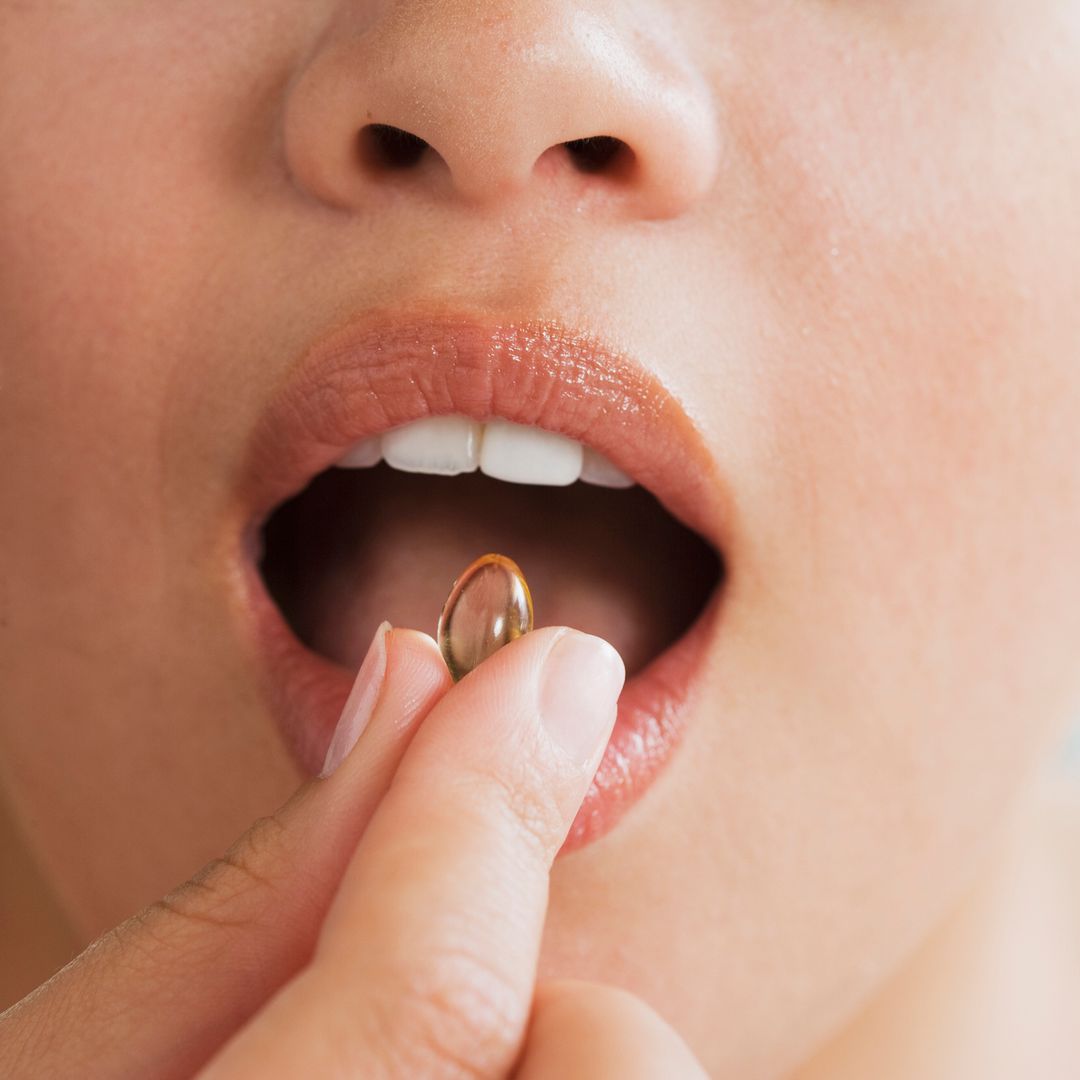I've loved autumn since I was a teenager. Morning walks with a crisp carpet of golden leaves crunching under my feet, cooler air, golden sunsets winding down with warm cacao milk curled up with a book in a cosy candle-lit room. Sounds like a romantic film, doesn't it?
Sadly, things haven't been so great over the past few years. The darker mornings and shorter days have left me feeling downbeat and less energised. Getting out of bed has been a struggle and my oomph has been on a downhill spiral. What changed? My hormones.
Entering perimenopause
My journey into perimenopause began a few years back – and I've been through lots of ups and downs. My main struggle has been the rollercoaster moods, which have felt worse since the dark mornings kicked in.
I wanted to understand why I suddenly hated my favourite season and what I could do to change this feeling.
Hormones and moods
Research shows that perimenopause can impact seasonal affective disorder (SAD) in women due to fluctuating hormones, particularly a decline in oestrogen.
The decrease in oestrogen can disrupt the balance of happy hormone serotonin and increase vulnerability to depression.
People who experience seasonal affective disorder might notice low energy, oversleeping, overeating, weight gain and social withdrawal.
These symptoms all resonate with me, aside from the oversleeping part - but that could be because I get woken up at the crack of dawn by my little ones bursting in with energy and enthusiasm.
RELATED: Why do I feel sad during winter? An expert explains
Easing SAD
Though my hormones are haywire, these are the wellness tips I live by to reset my mood in perimenopause.
1. Stimulating serotonin
When sunlight enters your eyes, it stimulates the parts of your retina to produce serotonin, helping you feel happy and less anxious, hence why I leave my sunglasses at home when going for my morning walks.
During the autumn and winter months, many people don't go out as much, which can mean they are not exposing their eyes to daylight to produce serotonin.
ADVICE: I'm a happiness expert and these 3 morning habits will bring you brighter days
I often struggle to go out on the dark and gloomy days, especially when I am already feeling down, but knowing the importance of boosting my serotonin through light exposure means I wrap up warm and go for a walk during the day.
Sometimes I get off a stop earlier when commuting to work or I stroll to the local shops instead of taking the bus. Being in nature is always healing for me, from breathing in the air, listening to the birds or looking at the colours of the leaves, it instantly calm my nervous system through stimulating the vagus nerve.
On the days when my hormones are on an all-time high and my moods are low, I found that Lumie lights worked wonders.
Lightboxes simulate sunlight, which can help improve your mood by stimulating brain chemicals such as serotonin, linked to mood regulation.
SHOP: Could SAD be behind your winter slump? These top-rated SAD lamps can help
2. Vitamin D for mood
Although vitamin D is associated with bone and joint health, low levels have been linked to depression, low energy and loss of interest.
This is more prevalent during the autumn and winter months as the UVB rays are not high enough. I recommend my patients take vitamin D supplements as almost one in six adults in the UK has low levels of vitamin D.
DISCOVER: Ultimate vitamin D guide: The best supplements, foods and health benefits
3. Regular exercise
Physical activity stimulates the release of endorphins, which are natural mood lifters. These chemicals help reduce feelings of depression and anxiety and promote overall feelings of wellbeing.
Exercise also increases the release of other hormones such as serotonin and dopamine which play crucial roles in mood regulation.
Regular movement, even if this means dancing to your favourite song or doing 10 jumping jacks, can improve circulation and increase energy levels throughout the day which is helpful with SAD.
4. A balanced diet
A balanced diet can be beneficial for SAD. Foods high in tryptophan can boost serotonin levels, these include salmon, eggs, nuts, seeds, turkey, pineapple and cheese but these need to be paired with healthy carbohydrates to make an impact.
It is also important to fuel your gut bacteria as research shows it can play a role in serotonin levels. Foods such as kefir, yoghurt, kimchi, sauerkraut, garlic and onions are rich in probiotics.
Alternatively on the days I don't get these in my diet, I opt for a probiotic supplement. I am currently taking Neutrient's Neu Biotic which has 20 live strains and 20 billion CFU.
RELATED: What to eat to feel happier this winter according to a nutritionist
5. Managing stress
Stress can worsen the symptoms of depression, fatigue and irritability. Some of my coping methods include breathwork where I breathe in at a count of four and out on a count of six.
I also recently started journalling, where I pour my heart and thoughts out onto a piece of paper, it actually feels therapeutic.
Listening to music that makes me happy is a quick pick me up.
Magnesium salt baths with lavender oil not only feel dreamy but can help to relax muscles and improve circulation, creating a calming sensation to promote overall relaxation. Magnesium salts can be absorbed through the skin and relieve sore muscles while lavender is known for its calming properties.
6. Expressing emotions
Talking to family, friends or a CBT therapist can help to express feelings and reduce stress, improve mood and prevent feelings of isolation which are associated with SAD.
Although seasonal affective disorder (SAD) during perimenopause can be particularly challenging due to the combination of fluctuating hormones and mood changes, there are ways we can manage and alleviate SAD during this time.
It's important to be patient as well as track your symptoms to help you understand what interventions work best for you. If you have any concerns or are experiencing symptoms of SAD, it is important to speak with your healthcare practitioner.














